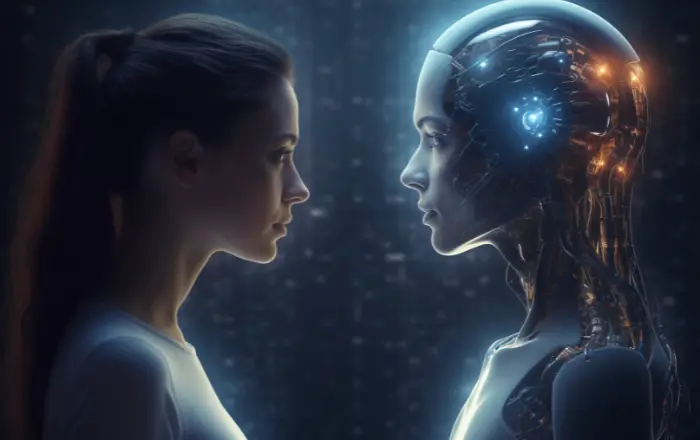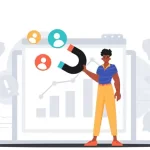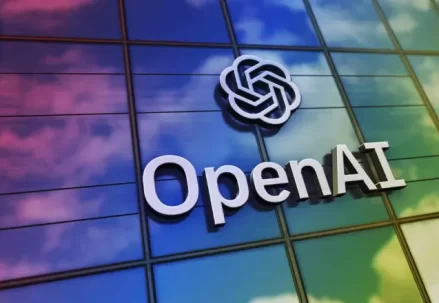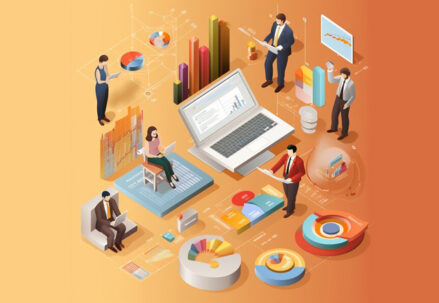Artificial Intelligence (AI) and human intelligence both enable learning, problem-solving, and decision-making, but the methods, efficiency, and limitations are distinct. In this blog, we’ll delve into the differences between artificial intelligence and human intelligence, highlighting their core distinctions, capabilities, and limitations. This guide follows SEO best practices to ensure readability and accessibility.
Table Of Content
Introduction
The rise of artificial intelligence has sparked debates about the essence of human intelligence and what truly makes it unique. Although both forms of intelligence exhibit the ability to learn, evolve, and solve problems, they diverge significantly in terms of structure, flexibility, and ethical implications. Understanding these differences can help shape a future where AI complements rather than competes with human potential.
What is Artificial Intelligence?
Artificial Intelligence (AI) refers to computer systems that simulate human behaviors, such as learning, reasoning, and self-correction. AI systems rely on algorithms, machine learning models, and vast datasets to recognize patterns and make decisions. Unlike human intelligence, which is inherently flexible, AI excels at specific tasks defined by data and programming. Some prominent AI systems today include machine learning models, neural networks, and natural language processing (NLP).
What is Human Intelligence?
Human Intelligence is a complex and adaptive form of intelligence grounded in cognition, emotion, social interaction, and abstract thought. Unlike AI, human intelligence includes emotional understanding, creativity, and moral reasoning. It evolves with experience, cultural exposure, and introspection, making it highly adaptable to a wide range of environments and situations.
Key Differences between Artificial and Human Intelligence
1. Learning Ability
- Artificial Intelligence: AI learns through data processing and pattern recognition. Algorithms enable machines to improve their accuracy over time, but the scope of AI learning remains limited to predefined goals.
- Human Intelligence: Humans learn through experience, reflection, and social interactions. Human learning is adaptable and covers a broader range, encompassing not only technical knowledge but also emotional and ethical understanding.
2. Problem-Solving Skills
- AI: AI approaches problem-solving by analyzing historical data and using predictive models to provide solutions. However, AI lacks the ability to deal with ambiguous situations unless programmed to do so.
- Humans: Humans can solve complex problems by analyzing and synthesizing information from multiple perspectives. The human mind excels at dealing with ambiguity, adapting to unfamiliar situations, and making ethical judgments.
3. Adaptability
- AI: AI systems are task-specific and require reprogramming or new data to adapt to new situations. While machine learning allows for some adaptability, the flexibility of AI remains limited.
- Humans: Humans are inherently adaptable and capable of learning new skills without predefined programming. Human intelligence allows for innovative and creative solutions, especially in novel scenarios.
4. Emotional Intelligence
- AI: While AI can simulate certain emotional responses (e.g., chatbots mimicking empathy), these responses are not genuine. AI lacks emotional intelligence, which limits its ability to understand nuanced human emotions and social cues.
- Humans: Humans possess emotional intelligence, enabling empathy, emotional regulation, and social connections. This aspect of intelligence is vital for building relationships and understanding complex social dynamics.
5. Data Processing and Computation
- AI: AI processes and analyzes massive datasets with speed and precision. AI algorithms excel in recognizing patterns in big data, making AI more efficient at tasks that involve large-scale data processing.
- Humans: While humans are slower at data processing, they excel in contextual understanding. Humans can interpret subtle nuances and make judgments that go beyond data, incorporating wisdom, ethics, and empathy.
6. Creativity and Innovation
- AI: AI can generate content, music, and even art, but its creativity is bound by the patterns in the data it’s trained on. AI does not create in the same spontaneous or original way that humans do.
- Humans: Human creativity is spontaneous and original, often influenced by emotions, experiences, and individual perspective. This leads to innovations and ideas that transcend past knowledge or patterns.
7. Self-Awareness and Consciousness
- AI: AI lacks consciousness, self-awareness, and the capacity to understand its existence. AI operates within the constraints of its programming and has no subjective experience.
- Humans: Human intelligence includes self-awareness, enabling introspection, existential thought, and self-improvement. This aspect is unique to humans and drives the pursuit of meaning and personal growth.
Strengths and Weaknesses of AI
Strengths of AI:
- Efficiency: AI can process and analyze vast amounts of data faster than any human.
- Accuracy: AI systems are often more precise, especially in tasks like data entry, calculations, and repetitive work.
- Consistency: AI performs tasks consistently without fatigue or deviation.
Weaknesses of AI:
- Limited Creativity: AI lacks the spontaneous creativity that comes from human intuition.
- Emotional Disconnect: AI can simulate empathy but does not genuinely understand human emotions.
- Ethical Limitations: AI decisions are based on programmed parameters, potentially leading to ethical dilemmas without human oversight.
Strengths and Weaknesses of Human Intelligence
Strengths of Human Intelligence:
- Adaptability: Humans can learn and adapt quickly to new situations.
- Creativity: Human innovation often leads to groundbreaking inventions and ideas.
- Emotional Understanding: Humans excel at forming relationships and understanding complex social cues.
Weaknesses of Human Intelligence:
- Limited Processing Speed: Humans cannot match the computational speed of AI in data-heavy tasks.
- Inconsistency: Human performance may vary due to emotions, fatigue, and other factors.
- Bias and Errors: Humans can be prone to cognitive biases that affect decision-making.
Future of AI and Human Collaboration
AI and human intelligence are not necessarily at odds; instead, they can complement each other. AI can augment human capabilities, enabling people to make more informed decisions, enhance productivity, and solve complex problems faster. For example, AI in healthcare assists doctors with diagnostics, while in business, AI streamlines data-driven decisions. This collaboration allows humans to focus on tasks that require creativity, ethical reasoning, and emotional understanding.
The future may hold a balanced relationship where AI handles data-intensive and repetitive tasks, while humans focus on strategic planning, interpersonal relationships, and ethical considerations.
Conclusion
In summary, while artificial intelligence and human intelligence share similarities, their differences are profound. AI’s power lies in its data processing and task-specific efficiency, while human intelligence excels in creativity, emotional understanding, and adaptability. As AI continues to evolve, the focus should shift toward leveraging the unique strengths of both forms of intelligence for a collaborative future.
Also Read:- AI Prompts Lease: A New Era of Lease Management
FAQs
1. Can AI replace human intelligence completely?
No, AI can replicate certain human functions but lacks the emotional depth, creativity, and ethical judgment of human intelligence.
2. In which areas is AI most effective compared to human intelligence?
AI excels in data processing, repetitive tasks, and areas requiring speed and accuracy, such as data analysis, diagnostics, and automated customer service.
3. How does AI impact the job market?
While AI automates many tasks, it also creates opportunities in tech, research, and areas requiring human creativity and problem-solving.
4. Can AI develop emotional intelligence?
AI can simulate certain emotional responses, but it lacks true emotional understanding, which is unique to human intelligence.
5. What is the future of AI and human intelligence integration?
The future will likely see AI and human intelligence working collaboratively across various sectors, utilizing AI for efficiency and humans for creativity, empathy, and decision-making.






